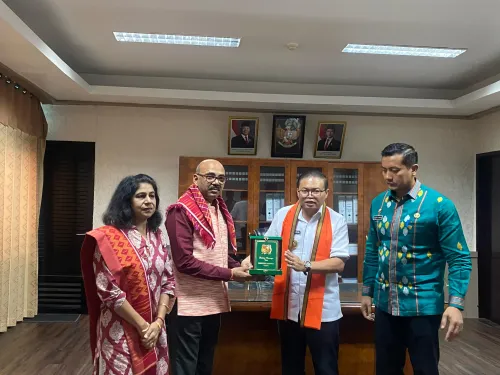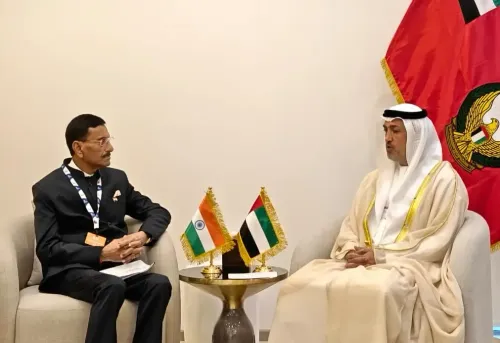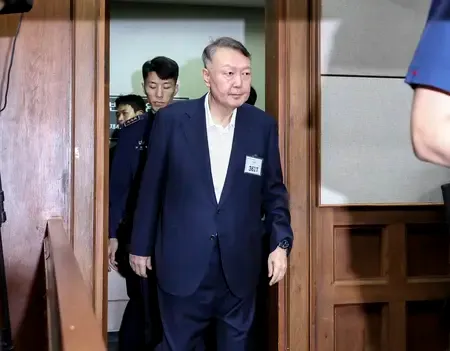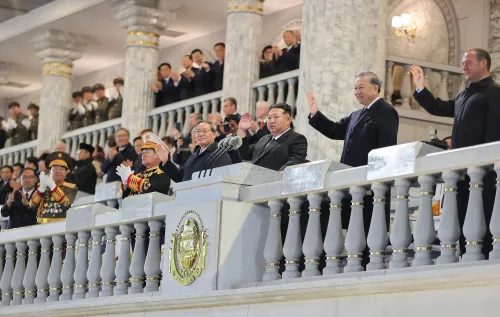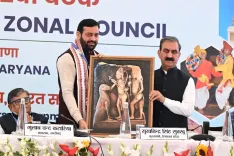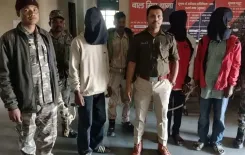Why Did a South Korean Court Reject Ex-Spy Chief's Arrest Petition?
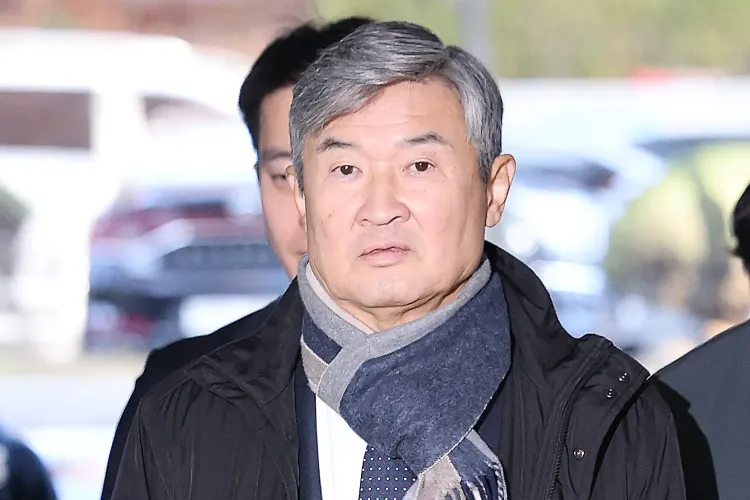
Synopsis
Key Takeaways
- Cho Tae-yong continues to face serious allegations regarding his role in martial law.
- The court's ruling reflects ongoing tensions in South Korean politics.
- Legal implications highlight the responsibilities of intelligence officials.
- Evidence collection plays a critical role in the judicial process.
- Public health concerns can influence legal outcomes.
Seoul, Nov 17 (NationPress) - A South Korean court has officially denied the appeal submitted by former National Intelligence Service (NIS) Director Cho Tae-yong against his arrest, ensuring his continued detention due to his alleged role in the imposition of martial law by former President Yoon Suk Yeol.
The ruling, issued by the Seoul Central District Court, followed a hearing that evaluated the legality of Cho's arrest and whether it should be upheld.
This former spy chief sought legal redress after being detained on allegations of violating NIS regulations, neglecting his responsibilities, giving false statements, destroying evidence, fabricating official documents, and providing misleading testimony to parliament—all linked to the martial law declaration made on December 3.
Cho's defense contended that his arrest was unwarranted as most critical evidence had already been collected through previous raids and witness interrogations, thus alleviating worries of potential evidence tampering, which was a key reason for his apprehension.
Concerns about his declining health were also raised as justification for his release.
As a close associate of Yoon, Cho faces accusations of neglecting to inform the National Assembly about the martial law strategy, despite having prior knowledge before Yoon's nationwide announcement.
Furthermore, he is charged with not reporting to the Assembly after learning that troops under martial law intended to detain then-Opposition Leader Lee Jae Myung and then-ruling party leader Han Dong-hoon, as reported by Yonhap news agency.
Under the NIS Act, the director is mandated to report to the National Assembly and the President if significant national security matters arise.
Additionally, investigators believe that Cho provided false testimony to both the National Assembly and the Constitutional Court, claiming he had not seen the martial law decree or relevant documents in the presidential office, nor had he observed Cabinet members receiving these documents.
However, surveillance footage later revealed Cabinet members accepting what appeared to be such documents, with Cho implicated in handling one of them.

